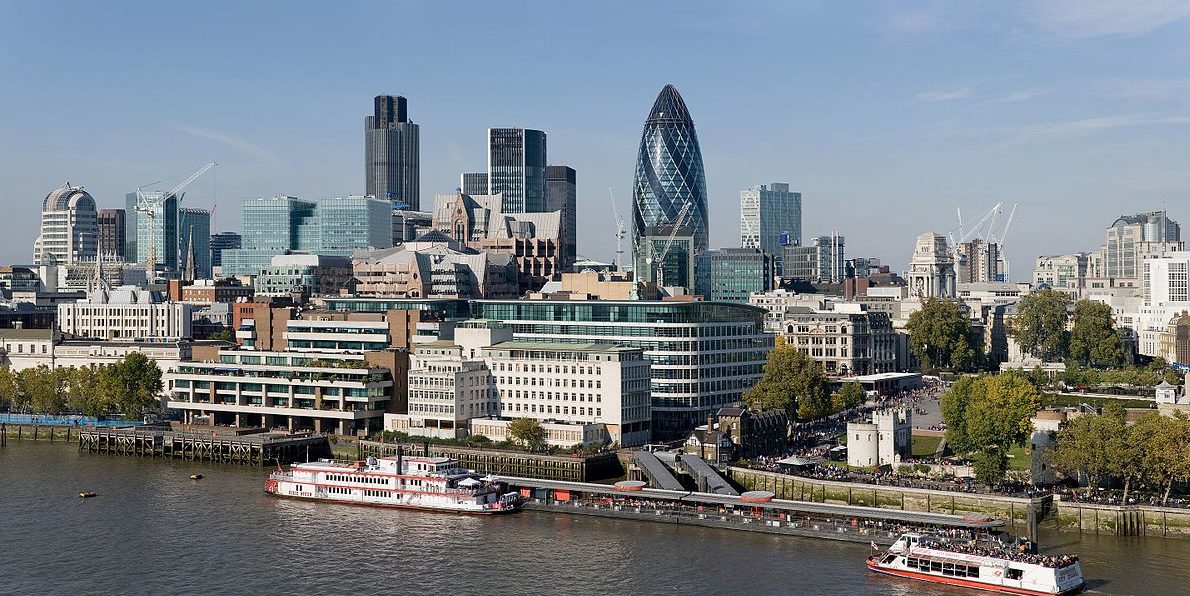Poorer London students more likely to attend university than students from elsewhere
Poorer, disadvantaged students from inner-city London are more likely to go to university than wealthier students from outside the capital, according to government analysis.
The analysis from the Department for Education follows a series of affirmative action schemes designed to encourage poor and ethnic minority students in London to access higher education.
The number of students eligible for free school meals (FSM) within inner London that go onto higher education by the age of 19 is 48%, whereas outside of London this number is 26%.
In inner London, 58% of non-FSM pupils go on to higher education. The next highest region outside the capital is the West Midlands, with an entry rate of 45%.
In the South West, 18% of pupils on free school meals go on to higher education and 19% in the North East.
According to data from the National Education Opportunity Network (NEON), white lower-class students are the least likely to attend higher education in the country, with over half of all English universities admitting 5% of white working-class students each year.
In the UK, 38% of white students graduate to higher education, in comparison to 60% of black pupils and 64% of Asian.
Among black female pupils eligible for free school meals, the rate is as high as 67% compared to 13% of white British male students on free school meals go on to higher education.
The success of London’s schools proves that deprivation needn’t determine destiny
– Brett Wigdortz
Figures from NEON show how top universities have the lowest number of admissions from white working-class backgrounds.
Former Education Secretary Damian Hinds has warned that this community is feeling “left behind”, with 3% of students at Oxford University, 2% at Cambridge University and 4% at Durham coming from this demographic.
Despite this, the improvement of access to higher education for disadvantaged pupils within inner London has been described by a report as being of “international significance”, with the Institute for Fiscal Studies (IFS) highlighting how success has been driven by high performance within ethnic minority groups.
Brett Wigdortz, the CEO of Teach First, commented: “The success of London’s schools proves that deprivation needn’t determine destiny,” but also warned that there are new challenges from rural and coastal communities who also face “educational inequality.”

Comments